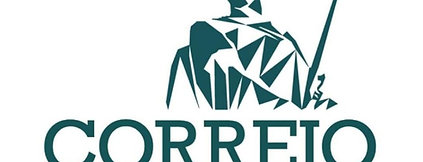When a Ship Sailed Towards Timor-Leste
- correio_da_historia

- Sep 5
- 2 min read

In March 1992, a small ship dared to challenge the complicit silence of the powers and the indifference of the international community. The Lusitânia Expresso, a vessel chartered by Portuguese and foreign citizens, departed Lisbon for Dili, Timor-Leste, in a symbolic gesture of rejection of the Indonesian occupation following the Santa Cruz massacre.
On board were prominent figures. Among them was Dr Rui Marques, founder of the Movement for the Independence of Timor-Leste (MEP) and coordinator of the Peace Mission to Timor, who had dedicated his civic life to promoting Timorese self-determination. Also aboard were João Bosco Mota Amaral, then President of the Assembly of the Republic, Almeida Santos, Medeiros Ferreira, Church representatives, journalists, and young activists who saw in this journey a way to turn outrage into action.
The ship never reached Dili. Intercepted by Indonesian warships off Timor, it was forced to turn back. But this physical defeat became a political victory. Images spread around the world: Portugal, a small European nation, confronted Indonesia before the cameras, revealing the stark asymmetry between unarmed citizens and military frigates. The operation gave international visibility to the Timorese cause, pressured the United Nations, and strengthened solidarity between the diaspora and Lisbon.
The results were not immediate but were tangible. The Santa Cruz massacre ceased to be a forgotten episode in Jakarta and entered the European and American consciousness. Portuguese persistence gained diplomatic strength, and the Timorese cause consolidated in international debate, culminating in the 1999 referendum that led to the independence of the new state in 2002. Rui Marques continued to lead solidarity initiatives, helping Timorese students, participating in the creation of the Associação 12 de Novembro, and later in the Padre António Vieira Youth Centre in Dili.
Today, as another ship sails towards Gaza, many recall the Timorese precedent. There too, the gesture is not measured by the sturdiness of the hull but by the symbolic value of confronting injustice. If the Lusitânia Expresso showed that persistent solidarity could shake the silence of an empire, the ship heading to Gaza follows the same tradition: sometimes, it is the fragile movements of civilian vessels that shape the course of History.
Paulo Freitas do Amaral
Theatcher and Author





Comments